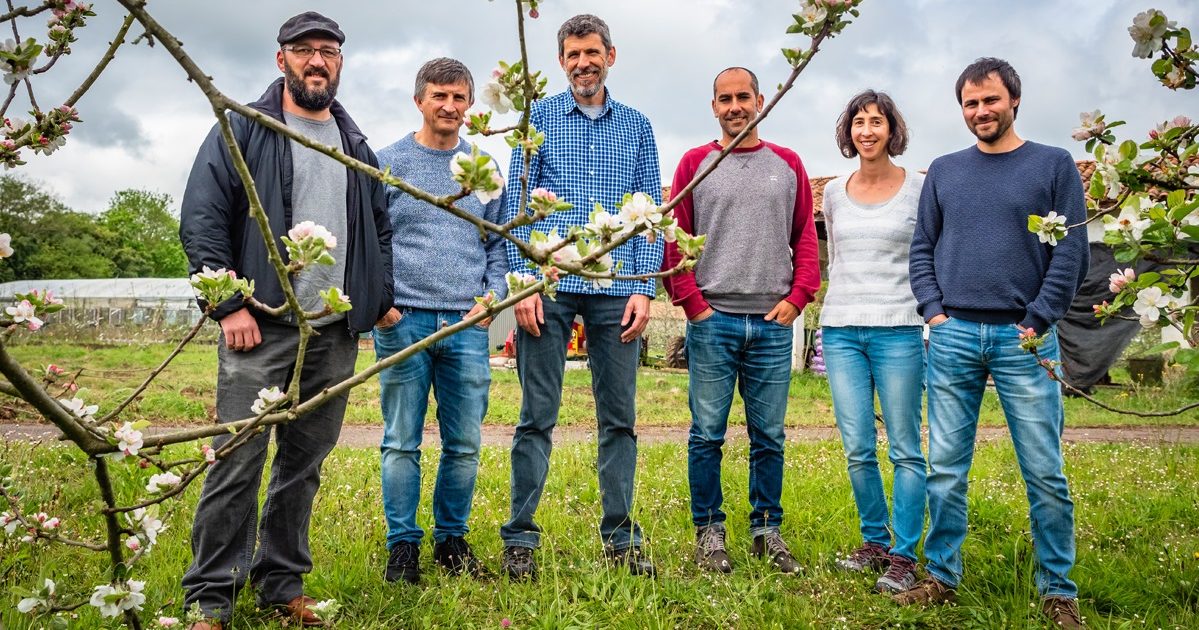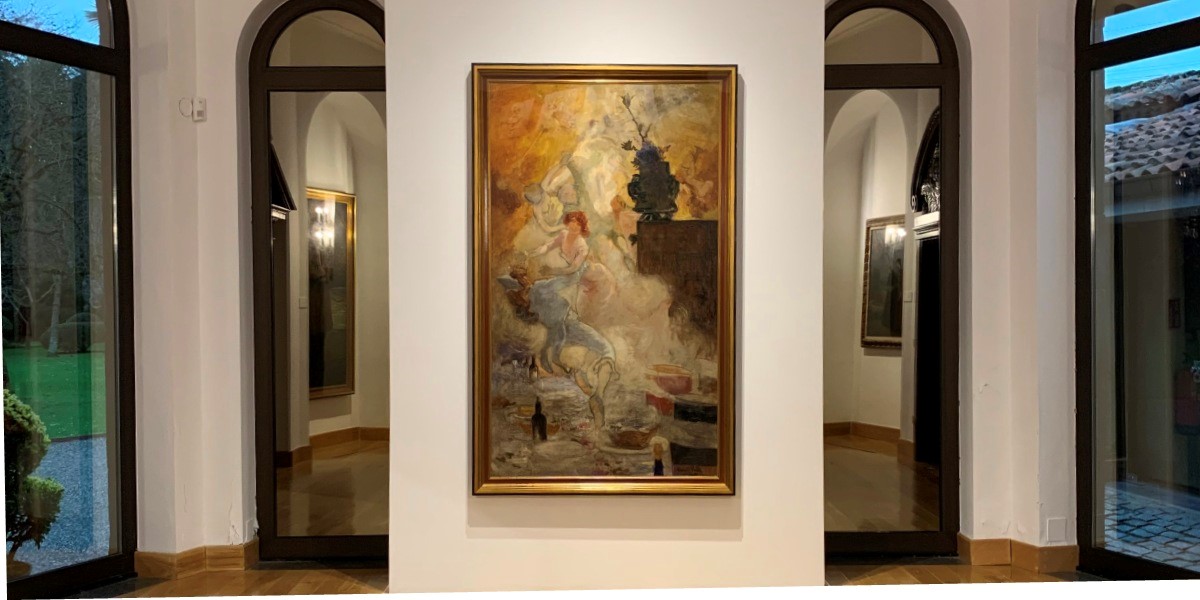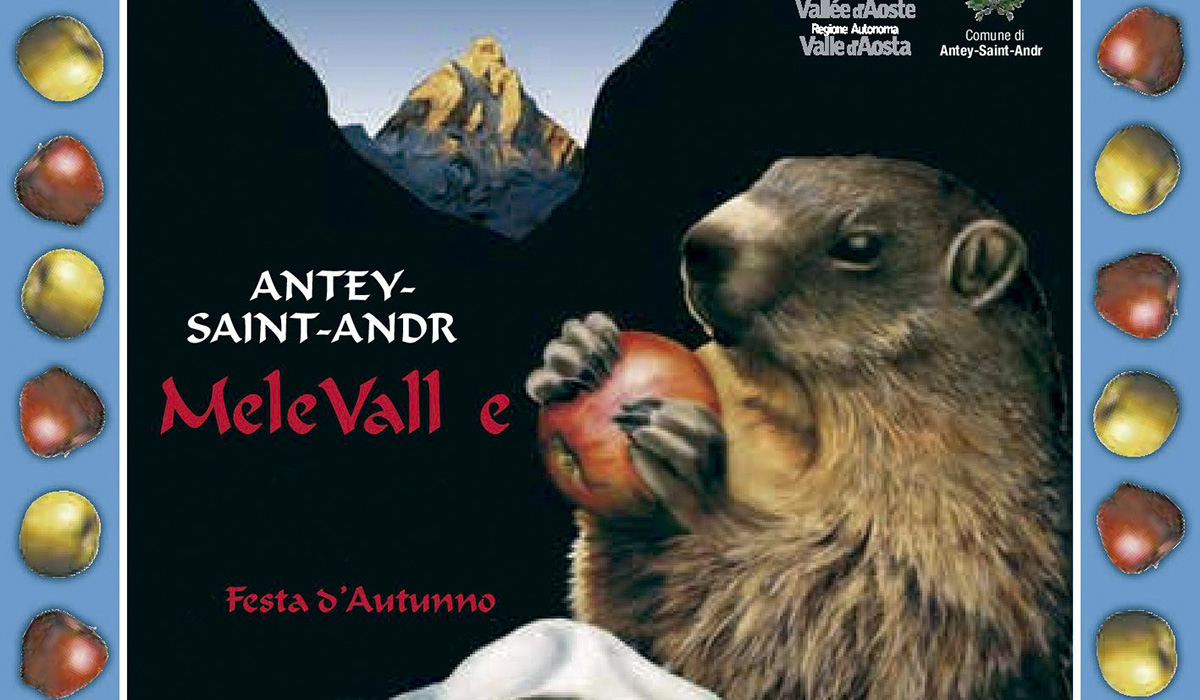The project, which has obtained a grant from BBVA, will identify the species of insects and plants that the birds that protect the pests eat in the apple orchards
* Photo courtesy of © FundacionBBVA
LA SIDRA.- The project “Key species for ecosystem services fed back into agroecosystems (ClaveSER)”, presented by the University of Oviedo in collaboration with SERIDA and SEO / BirdLife, has obtained one of the 25 Aids to scientific research teams of the BBVA Foundation The objective of this work is to identify particularly important species by providing ecological functions that have a direct impact on fundamental issues for humans.
Around the apple orchards grow bushes, wild hedges, and also adjoin native forests, where there are many species of trees and shrubs with fleshy fruits. These apple farms have a very diverse bird community, the great majority insectivorous that feeds on apple pests (for example, aphids and caterpillars of the apple). “We know that there are many species of wild insectivorous birds that have a real role as protectors of the crop against pests,” says Daniel García, the principal investigator.
These birds also feed on the fruits of the hedges, whose seeds defecate later and make the regeneration cycle of the plants work, besides encouraging the natural maintenance of these hedges, which, to close the circle, are a protective habitat for the birds. “They control pest and disperse seeds,” he adds. “We want to set up a network of interactions to know which birds eat what insects and which fruits of the hedges to later identify which species are more important for the two functions that are fed back,” explains Daniel García.



